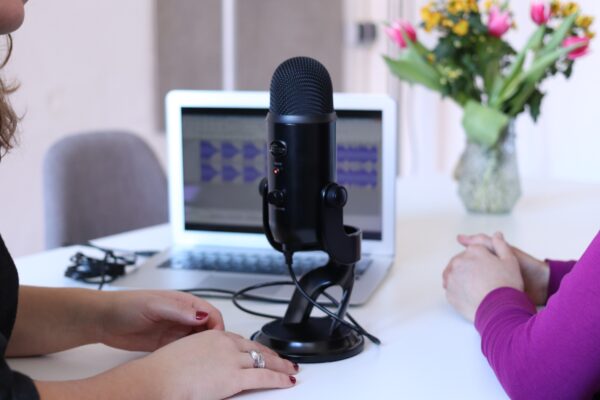
The British Forex Market: How To Get Involved

Britain has long since been a home for some of the world’s major financial services providers. The London Stock Exchange is a leading global share trading centre, for example, while the competitive and skilled workforce available in the City of London is the reason many global financial institutions choose to have a presence there. But what fewer people know is that the foreign exchange market in Britain is by some measure the largest in the world. This article will give an overview of the British foreign exchange market’s dynamics, and it will also look at how British forex traders can break into trading both the pound and other major currencies.
Size and scope
With the US often perceived as the world’s economic powerhouse and also home to the “safe haven” currency that is the dollar, it often comes as a surprise to learn that the global foreign exchange markets are actually larger. The forex market here in Britain really is big: almost 41% of dealer-intermediated foreign exchange trading happens in the UK – so it’s a real global hub.
The pound sterling
It’s not, of course, essential that forex traders placing transactions in Britain will necessarily deal with Britain’s currency (the pound sterling), however, it’s common to do so, at least as a starting point. Forex professionals in London, for example, might be hired by a firm wishing to convert its profits abroad back into pounds.
There are many resources available for those who want to learn more about how the pound sterling tends to work. Global economic calendars, for example, often focus in on Britain and flag up significant events, like economic data releases from the Office for National Statistics, interest rate decisions by the Bank of England, and more.
Getting involved: brokers
An important thing to consider is which broker you’re going to use. While perhaps the stereotypical image of a British financial broker is somebody who wears a bowler hat and a dark suit, Britain’s financial sector is actually very modern and dynamic. Internet-based brokers are now used by many traders, and there are also in-person brokers available as well. Make sure you use an expert CFD broker, though: amateur brokers may not have the same range of market knowledge that a more experienced provider is likely to have, and that could harm your finances in the long run.
In terms of security, meanwhile, the main characteristic to look for is regulation by the relevant body, which in Britain will be the Financial Conduct Authority (or FCA). While being regulated obviously does not guarantee an absence of scams or other abuse, the fact that the Financial Conduct Authority regularly assesses companies for legitimacy does offer some protection.
Britain is one of the major global forex hubs. With a large sector and a wide variety of brokers (both traditional and modern) operating in a well-regulated environment, Britain is a good place to consider if you’re thinking about where to focus your forex investment plans. And with resources for trading the pound widely available, choosing Britain as your forex hub is a smart move.














































